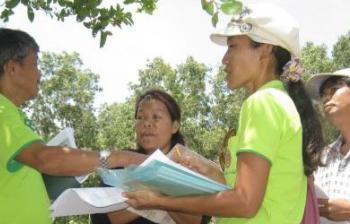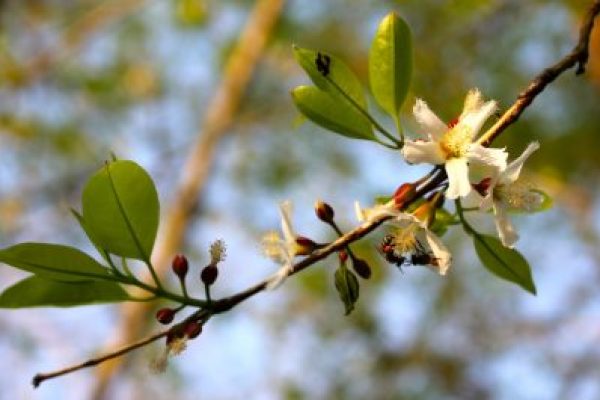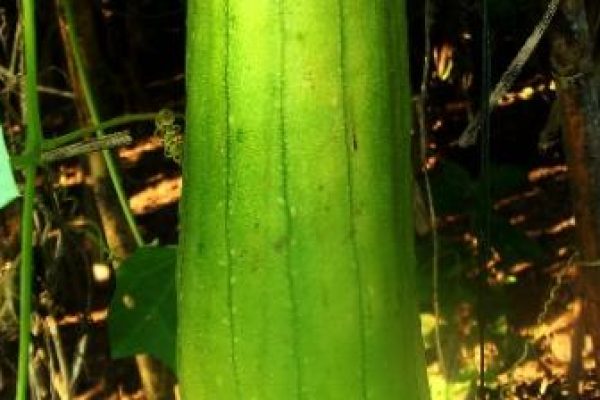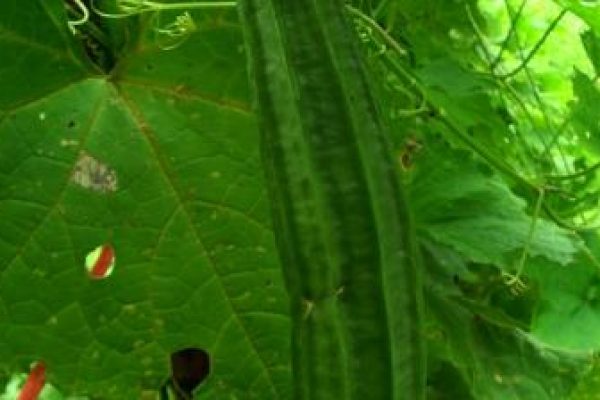
PGS is a verification system to ensure the quality of organic products. This system is based on the active participation of farmers, consumers, rural advisors, local authorities: they all join to make decisions, to visit farms, to support each other and to check that farmers are producing according to an Organic Standard. Consumers can better understand, value and demand organic products, while farmers are in a better position to meet this increasing demand.
PGS could be managed by the producer group themselves as first-party certification or can be managed by the trader, buying the organic products (second-party certification). This is in contrast to the third-party certification system where an independent body is responsible for certification.
PGS was an initiative of IFOAM – Organic International together with some international and local organizations. The rational behind is that third-party certification may not be appropriate for small-scale producers only selling in local and domestic markets. The third-party certification scheme is very complex and restritive as well as costly because of requirements for international recognitions. PGS is a more open system, thus allowing producers to learn and participate in the guaranttee system. This makes PGS more suitable mechanism for small-scale producers in developing countries, where organic sector has just start developing.
An international meeting was held in Brazil in April 2004 when the concept of PGS was first discussed. Green Net was invited as representative from Southeast Asia and helped to contribute its experiences working with small-scale farmers and organic supply chain.
Definition
IFOAM – Organic International defines it as “Participatory Guarantee Systems (PGS) are locally focused quality assurance systems. They certify producers based on active participation of stakeholders and are built on a foundation of trust, social networks and knowledge exchange.”
PGS’s Strengths
- all stakeholders can get involved (farmers, consumers, business) and able to manage and change their own system. This leads to shared responsibilities and active participations in the guarantee system;
- may innovate an appropriate guarantee mechanism, helping to reduce guarantee costs;
- facilitate knowledge exchanges among producers and stakeholders, contributing to a better understanding and appreciation of organic agriculture;
- enable small-scale producer to access organic markets (through being certified) and enable consumers to access local food/organic products at reasonable prices.
PGS’s Limitations
- as it relies on participations of local produces and supporters, most of whom doing the works as volunteers, it thus takes a longer time and may have high hidden costs (non-monetary);
- it is a self-guarantee (by either first or second party), recognitions is low compared with third party certification system. Products can be marketed locally or at the most within the country, not acceptable for exports;
- each groups may have different standards, as well as their own PGS seals, causing confusion among consumers;
- the system is based on trust among different stakeholders, if trust is undermined (e,g, poor relationship), it could also affect the PGS.
See more info in the IFOAM’s website (link)



